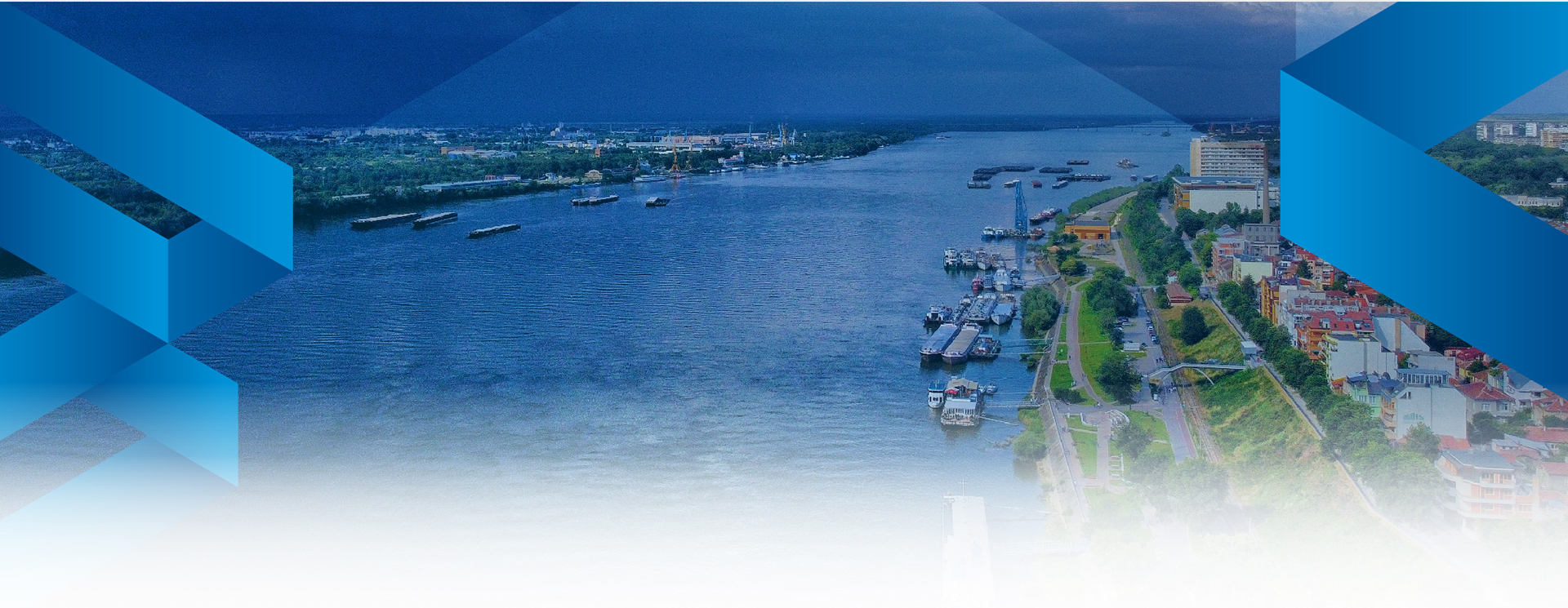
24.07.2024
In its latest macroeconomic forecast, the Bulgarian National Bank (BNB) anticipates that labor costs will continue to rise due to labor shortages, wage increases in the public sector, and heightened economic activity. Despite some media misinterpreting these data to predict a 20% increase in the minimum wage, the BNB does not calculate this indicator. The actual value of the minimum wage for 2025 will be determined by the Ministry of Labor in September, based on the average gross wage for the preceding period.
The expected increase in the minimum wage will lead to a 10.2% rise in compensation per employee in 2024, according to the BNB. This will be supported by increased economic activity and higher public sector wages. However, the wage growth outpaces labor productivity growth, which could reduce the competitiveness of the Bulgarian economy in the international market.
According to recent amendments to the Labor Code, the minimum wage for the next calendar year must be 50% of the average gross wage for the last 12 months. This ensures a balance between the minimum and average wage levels, while guaranteeing that the lowest-paid workers receive fair compensation relative to the overall wage level in the country.
As an industrial and logistics center, Ruse will be affected by these economic changes in several ways:
Raising the minimum wage will have a significant impact on the economy of the Ruse region. While increased labor costs may pose a challenge for businesses, they also create opportunities for attracting skilled labor and investments in new technologies. To make the most of these changes, the region should focus on improving infrastructure and supporting local businesses through various incentives and training programs.
The analysis is based on a publication by Vera Denizova in the newspaper Capital.
---
Follow our initiative and learn more about new investments and projects in the Ruse region on our social profiles:
INVESTMENT PROFILE
OF RUSE MUNICIPALITY
Promotional video "Ruse - Port of
new opportunities"